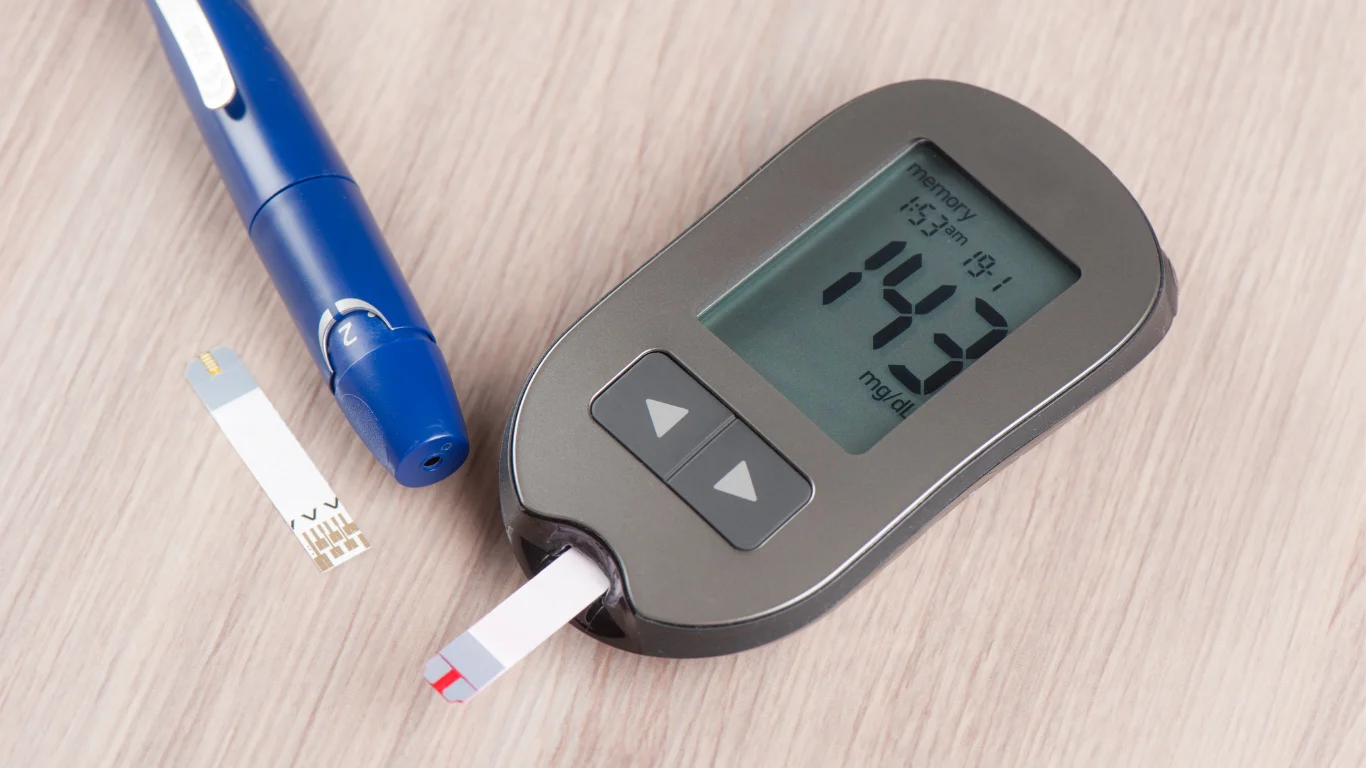Breastfeeding is often seen as a time for bonding and nurturing. However, some mothers experience unexpected negative emotions during breastfeeding, a condition called Dysphoric Milk Ejection Reflex (D-MER). D-MER causes sudden feelings of sadness, anxiety, or dread during milk letdown. This response is physiological, not psychological, meaning it is rooted in the body’s physical processes rather than mental health.
Why does D-MER occur, and how can mothers manage it? This article explores the science, symptoms, and strategies for addressing D-MER to support mothers through their breastfeeding journey. To learn more, visit Healthline’s guide on D-MER.
Symptoms and Characteristics of D-MER
D-MER symptoms are unexpected and can be distressing. They differ from postpartum depression or baby blues, as they only occur during milk letdown and last for a brief period. Key features of D-MER include:
- Sudden Negative Emotions: Feelings of sadness, anger, or restlessness arise suddenly and subside within minutes.
- Specific to Milk Letdown: These emotions are tied directly to the milk ejection reflex and do not persist outside of breastfeeding.
- Different from Postpartum Depression: D-MER is unrelated to overall feelings about breastfeeding or motherhood. It is a physical reaction during milk release.
For further guidance on recognizing D-MER, visit the Australian Breastfeeding Association’s resource.
What Causes D-MER? The Science Behind the Condition
D-MER is believed to result from a rapid drop in dopamine levels during milk ejection. Dopamine, a neurotransmitter linked to mood and motivation, naturally decreases to allow prolactin to rise and stimulate milk production. In mothers with D-MER, this dopamine drop happens too quickly, leading to negative emotional responses.
The “dopamine-drop theory” is the primary explanation for D-MER, though research is ongoing. Understanding this as a physiological process helps mothers validate their experiences and encourages them to seek support.
Recognizing D-MER: When to Seek Support
Understanding D-MER as a physical condition rather than a mental health issue can help mothers feel reassured. Here’s when to consider seeking support:
- Overwhelming Symptoms: If the emotions caused by D-MER are intense, frequent, or interfere with bonding, consulting a healthcare professional can help.
- Acknowledging It’s Physical: Knowing that D-MER is a physiological response can alleviate guilt and encourage seeking help without stigma.
In Dubai, Best DOC Home Healthcare’s maternity care services provide in-home support for breastfeeding mothers, easing the challenges of early motherhood.
Strategies to Manage D-MER
Although there is no specific cure for D-MER, several approaches can help mothers reduce its impact:
- Lifestyle Adjustments: Stress-reducing practices like deep breathing, light exercise, or mindfulness can ease D-MER symptoms.
- Breastfeeding Preparation: Creating a calming environment, using visualization techniques, or focusing on positive imagery during milk letdown can help.
- Professional Support: Consulting lactation experts or joining D-MER support groups can offer emotional relief and practical advice.
- Home Assistance: Additional caregiving support can reduce the physical and emotional demands of early motherhood. In Dubai, Best DOC Home Healthcare’s nanny services provide valuable in-home help for mothers seeking balance.
- Medication: In severe cases, healthcare providers may recommend medication to regulate dopamine levels. This option is typically reserved for situations where other strategies prove ineffective.
Conclusion: Raising Awareness of D-MER for Better Maternal Support
D-MER is a manageable condition that can influence a mother’s breastfeeding experience. Understanding its symptoms, causes, and management strategies can help mothers approach it with confidence.
If you or someone you know is affected by D-MER, remember it is a physical condition—not a mental health issue. With open discussions and access to supportive resources, mothers can feel empowered to continue their breastfeeding journey with reassurance and understanding.












